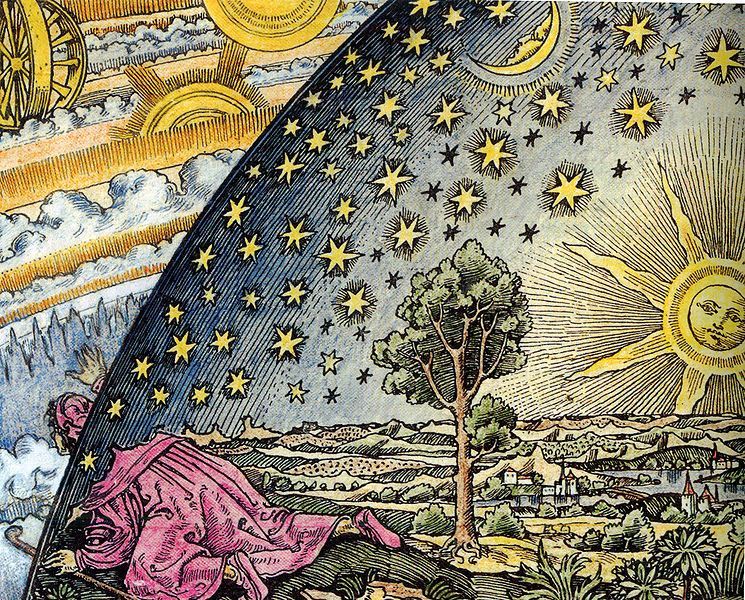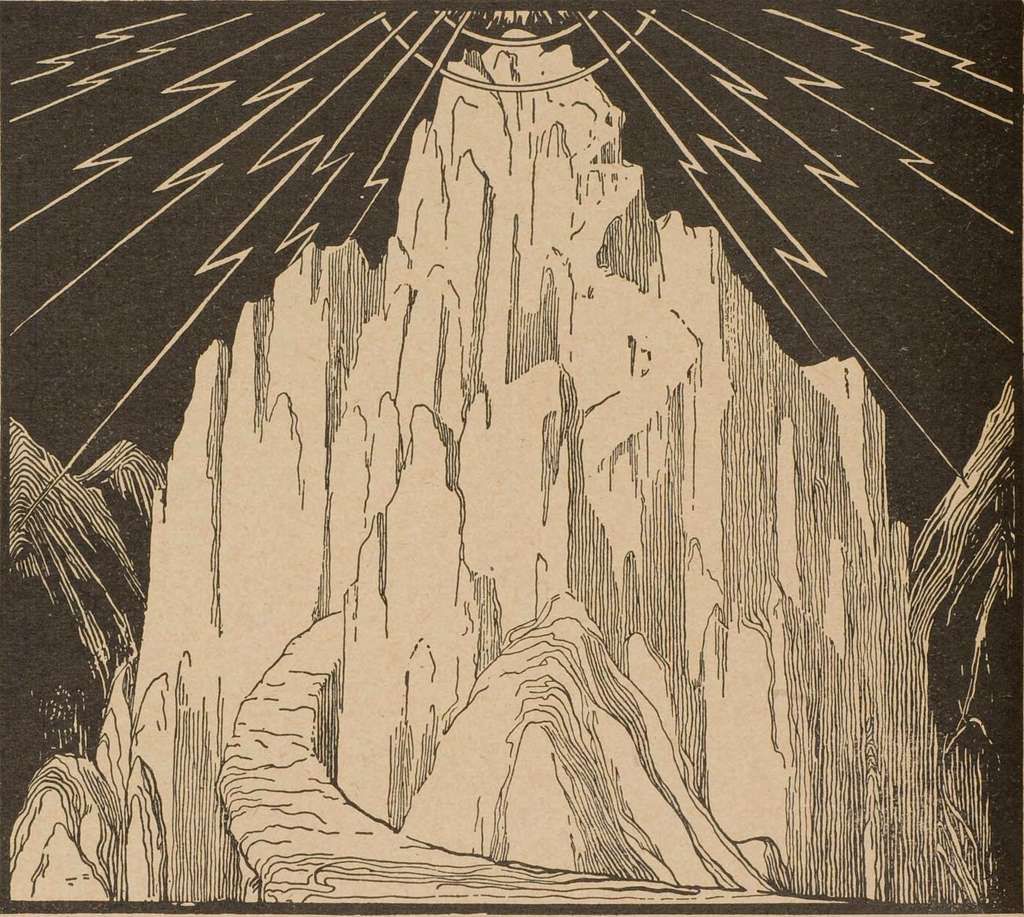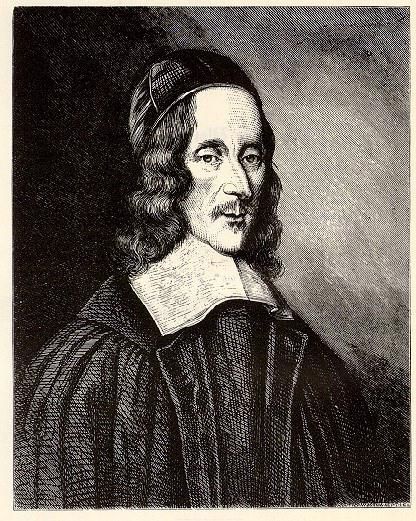Washing the Fruit and Neglecting the Roots: The farce of self-creation
I have struggled with the concept of identity for as long as I can remember—naturally, with that comes a spectrum of wrestling matches with my own sense of belonging and meaning. Since tools directly impact the result of the project at hand, my thoughts and processes show that I wield identity both haphazardly and methodically.
Philosophy
Parmenides was an Italian philosopher in the 5th century B.C. His primary area of thought involved existence, for which he famously said, “Whatever is, is.”
R.C. Sproul comments on how laughable this statement was in his undergraduate days. But in his maturity he says this: “It forces me to contemplate being itself, which has the salutary benefit of stretching my mind to consider the things of God himself. What I once ridiculed now absorbs me and carries me to the brink of holy apprehension, where I tremble at my own inadequacy.”
You see, Parmenides didn’t believe it was possible for something to come from nothing. If there is nothing now it’s because there was never anything before. If there is something now then it has always been. As Christians we know the immense limitations here, for we know God created from nothing but His own spoken command and will.
I think this is the intersection where Sproul found himself. It is a perspective checker. And yes, this is true in the sense that it causes us to feel very small and insignificant in our existence but also in the ordinary day to day rhythms of life. If God can create the cosmos with His voice then why do I worry about inflation and the price of orange juice? Why do I doubt His sufficiency?
Denying ex nihilo
But then there must be more to it than that, something that plunges past the surface (not saying creation is rudimentary—just that more fruit is there for the picking), or the great R.C. wouldn’t have spent most of his life contemplating it. If we connect all observable and inferred surfaces, we see Parmenides denying the possibility of change.
Something cannot be what it is and what it is becoming simultaneously because that results in it being what it is and what it is not, which defies logic. In applicable terms, Parmenides speaks directly against self-creation or self-change. You cannot create yourself because you would have to exist to do the creating—stepping in the same footprint twice just doesn’t happen.
I know he was aiming at denying God as Creator here. This is what people do when they have superiority complexes or glaring heaps of pride. He simply didn’t adhere to the Exodus story where God settled His own philosophical existence with two words “I AM.”
Existence
But I can’t get away from his original assertion:
Whatever is, is. On the one hand, he’s right. Replacing each board on Theseus’s ship will one day render it completely foreign from the first on a substantial level, but it would still carry its name and spirit. Likewise, if every plank was swapped for a pink one then it would only be recognizable as something from Barbie’s dream world rather than Athenian royalty.
Regardless of which side of that thought experiment you land on, humans are wildly different from boats, so even if you ramp up, augment, and smooth out every body part, we are who we are.
But on the other hand, he’s wrong. Well, half of one hand is wrong. The more I think through identity and existence and my own wasteful suns of self-creation or adaptation or self-fulfillment, the more I see truth behind mortal limitations. Western culture loves nothing more than our purchase of personal satisfaction through individualism. But where the Christian is different is that we are to kill the individual rather than create it (John 12).
A new creation
The half of the second hand that is right comes from 2 Corinthians 5:17. “If anyone is in Christ he is a new creation. The old has passed away; behold, the new has come.” We
are new creations, but not through the self. We can’t change the self—we have a laughable amount of power and control or even genuine will to change.
We are His, and we must be made new. By Him. Not of ourselves.
But what about the days where we push back on that? The desire for the Christian to form recognizable identity markers often comes willfully or unconsciously from unchecked emotions of not feeling like a new creation. Why must I still wear the scars and reputation from past sins if I am new? Why must I carry the same propensities if I am new? I live in a time where it is an acceptable and celebrated practice for moods to regularly drive major life changing decisions of all sorts of people, no matter how capricious it seems—we’re conditioned for this sort of stuff, right?
2 Corinthians 5:17 is just as true as 2 Corinthians 3:18, being transformed one degree of glory at a time. It’s just as true as Matthew 24:13, the one who endures until the end will be saved. It’s just as true as 2 Corinthians 4:16-18, our present suffering isn’t worth comparing to the eternal weight of glory. It’s just as true as Mark 9, the father of the boy with the unclean spirit declares his belief in Jesus and immediately asks for help with his unbelief. And that’s the bottom line—declaring my faith and repenting from my faithlessness.
Fear and trembling
And in going back to the original idea here—Is self-creation in terms of identity truly impossible?
I don’t find it a cop out to say that’s the wrong question.
Instead—How can I remember that He is enough? If I think too often on the identity and not the Person then it’s like washing the apples on the tree and neglecting the roots. The whole thing will not sustain life for long.
This is where the mystery of the Gospel comes in to play—God chose us before the foundation of the world (Ephesians 1:4), so the whatever is, is becomes Whoever is, is. That should cause us to serve with fear and rejoice with trembling (Psalm 2:11). And THAT is powerful.
Worshiper, wife, mom—with the help of the Lord, this is my hierarchy of work. Beyond this I homeschool the girls and hold down a staff position at Zionsville Fellowship in Zionsville, Indiana. I read, write, do yoga, cook, and practice thinking pure and lovely things.






